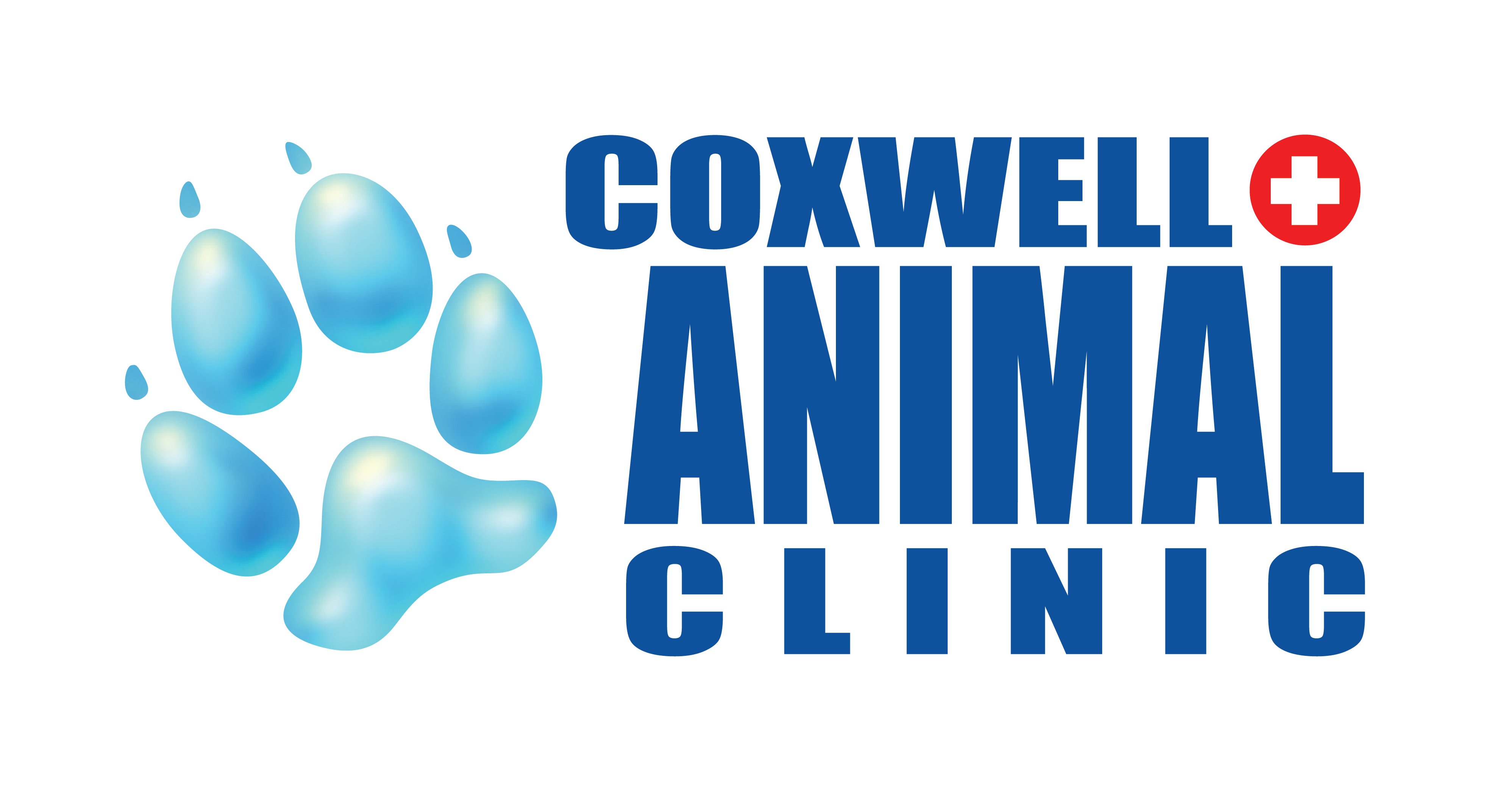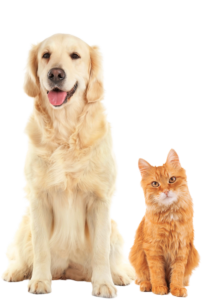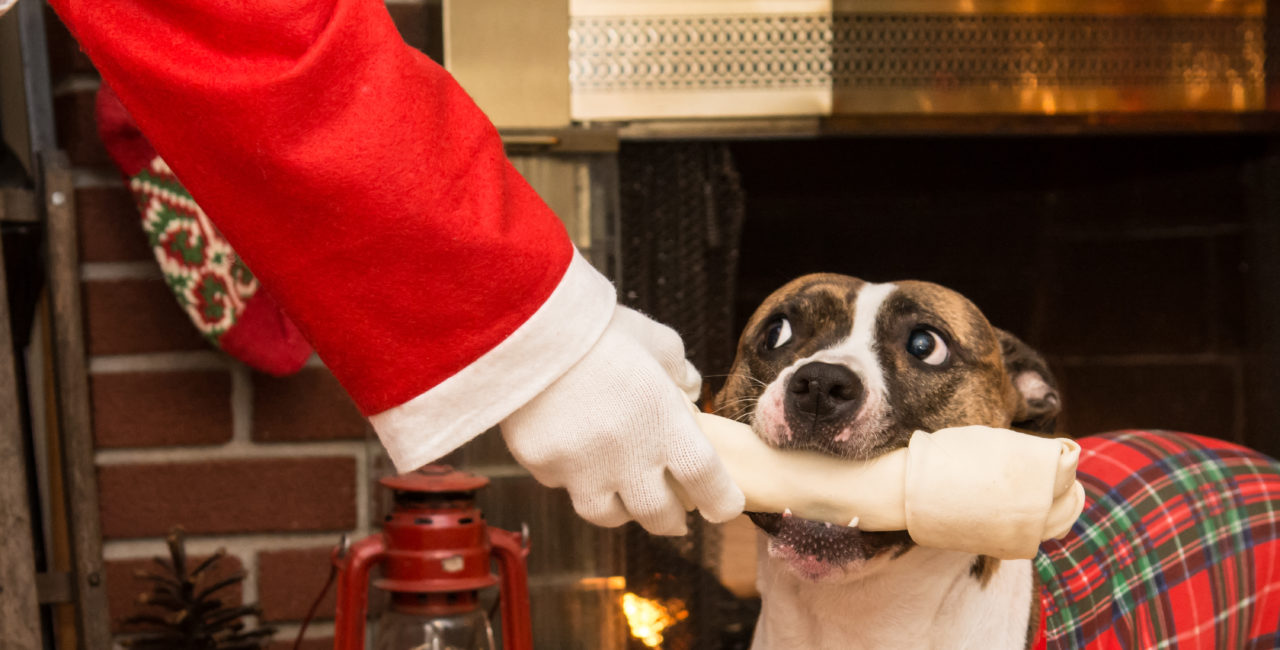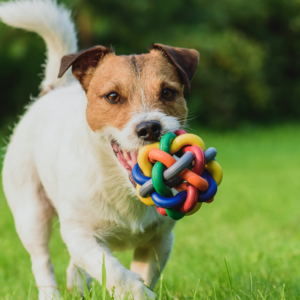We love the holidays for celebrating some of life’s happiest moments and making memories with loved ones. Dogs and cats love the holidays too, especially when their owners and guests share extra time and pet treats with them. But all the interesting foods and decorations in our homes during the holidays can be irresistible to pets, sometimes landing them in emergency pet hospitals after tasting or eating them.
Certain foods and items that bring holiday cheer to our homes can have the opposite effect on pets when ingested, making them very sick.
Armed with knowledge, pet owners can keep their beloved best friends out of harm’s way this holiday season. To inform pet owners, and also to debunk some age-old myths, the veterinarians offer these tips for pet owners.
Human Eats and Drinks: Not for Pets
Some holiday foods we hold dear can be quite dangerous to pets, such chocolate and cocoa, candy and sugarless gum that contain xylitol, yeast bread dough, leftover fatty meat scraps, and fruit cakes with raisins and currants. The fruitcake threat can be compounded if the cake is soaked in rum or another alcohol. Alcohol poisoning in pets can result in a dangerous drop in blood sugar, blood pressure and body temperature, potentially leading to seizures and respiratory failure. So, while entertaining this holiday season, it’s perfectly acceptable to ask guests to refrain from sharing human food and drinks with pets.
Seasonal Holiday Plants: Myths Debunked
Here in lie the myths. Over the years, the relative toxicity of poinsettias has been exaggerated. In reality, if ingested by a dog or cat, the sticky white sap usually causes minor mouth or stomach irritation. Likewise, Christmas cactus can cause vomiting and diarrhea, and the spiny leaves of the Christmas or English holly can cause irritation and damage to your pets’ stomachs and intestines. It is always best to keep all plants out of your pet’s’ reach.
Tinsel and Liquid Potpourri: Cat Owners Beware
Tinsel should be banned from households with cats. It looks like a shiny, fun toy to cats, but when ingested, tinsel can wrap around the tongue or anchor itself in the stomach making passage through the intestines impossible. Matters are made worse when the intestines contract and move, as tinsel can slowly cut through the tissue and cause severe damage to the intestinal tract. For all these reasons, it’s also best to keep ribbon, yarn and thread stowed away.
Liquid potpourris are dangerous too. They typically contain cationic detergents and essential oils that, if consumed by a cat, can cause severe chemical burns in the mouth, fever, difficulty breathing and tremors. Dogs are not as sensitive to the chemicals, but it’s best to keep potpourri out of their reach as well.
In Case Of An Emergency:
As you deck the halls and celebrate, keep the holidays happy for pets by placing potentially dangerous items out of their reach. If, however, you think a pet may have ingested something harmful, take action immediately. Contact Coxwell Animal Clinic or Pet Poison Helpline at 1-800-213-6680.




